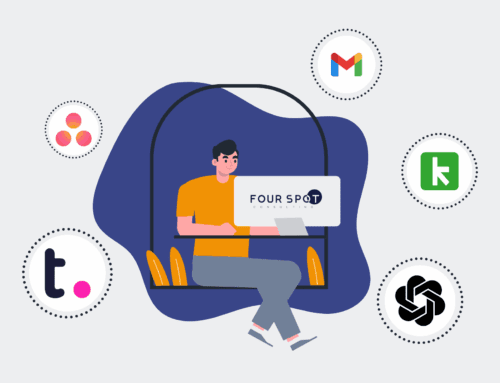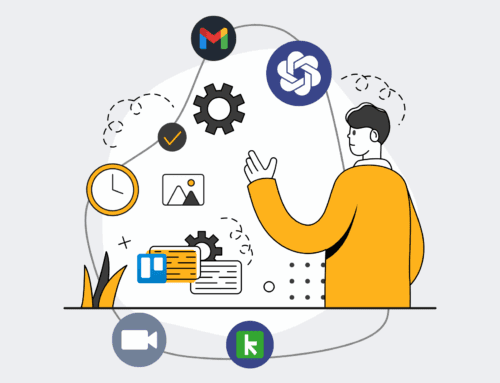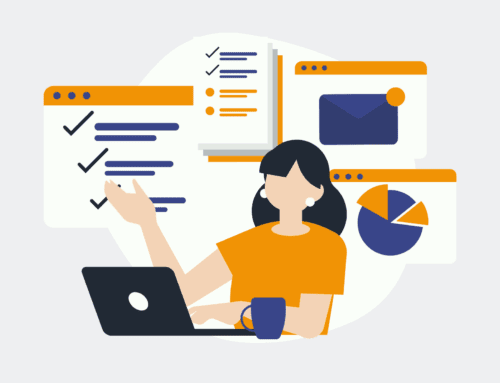The Future of Work: How AI is Reshaping HR Roles and Responsibilities
The landscape of human resources is undergoing a profound transformation, driven by the relentless advancement of artificial intelligence. What was once considered a realm defined by intuition, interpersonal skills, and administrative heavy lifting is rapidly evolving into a strategic powerhouse, fueled by data and intelligent automation. For business leaders, particularly those in high-growth B2B companies generating over $5M ARR, understanding this shift isn’t just about keeping up with trends; it’s about leveraging AI to unlock unprecedented efficiency, reduce operational costs, and elevate the strategic impact of their HR functions.
At 4Spot Consulting, we’ve witnessed firsthand how a strategic approach to AI integration can save businesses upwards of 25% of their day. This isn’t theoretical; it’s a measurable outcome when HR roles transition from reactive administrators to proactive architects of talent strategy. The future of work isn’t about AI replacing HR professionals entirely, but rather augmenting their capabilities, freeing them from mundane tasks to focus on what truly matters: human connection, strategic planning, and fostering a thriving organizational culture.
Beyond Automation: AI as a Strategic HR Partner
Historically, HR automation focused on streamlining transactional processes like payroll, benefits administration, or applicant tracking. While valuable, these were largely efficiency plays. Today, AI moves beyond simple automation to offer predictive insights, personalized employee experiences, and enhanced decision-making capabilities. This is where the real game-changer lies for HR leaders and COOs.
Consider the hiring process. AI can now analyze resumes for skills alignment, predict candidate success based on historical data, and even automate initial screening interviews, significantly reducing time-to-hire and improving candidate quality. This isn’t about removing the human element, but rather allowing recruiters to spend more time engaging with top-tier candidates who are a true fit, rather than sifting through hundreds of unqualified applications. We’ve seen clients save over 150 hours per month by automating resume intake and parsing, leveraging AI enrichment and syncing to their CRM – a true testament to our OpsBuild framework in action.
From Compliance to Culture: Elevating HR’s Strategic Value
The traditional HR role often carried the burden of compliance, policy enforcement, and reactive problem-solving. While these elements remain crucial, AI is enabling HR professionals to pivot towards more strategic functions. With AI handling the routine, HR teams can now dedicate their expertise to crafting robust talent development programs, designing engaging employee experiences, and fostering a culture of innovation.
Performance management, for example, can be transformed by AI. Instead of annual, often subjective, reviews, AI tools can provide continuous feedback loops, identify skill gaps proactively, and recommend personalized learning paths. This leads to a more agile, high-performing workforce, directly impacting business scalability and competitive advantage. Similarly, AI can analyze employee sentiment, identifying potential attrition risks or areas of dissatisfaction long before they become critical issues, allowing HR to intervene strategically.
Navigating the AI Integration Journey: A Framework for Success
Implementing AI in HR isn’t a plug-and-play solution; it requires a strategic framework. Our OpsMesh strategy emphasizes planning before building, ensuring every AI integration aligns with core business objectives. It starts with an OpsMap™—a strategic audit to uncover inefficiencies and pinpoint the exact areas where AI and automation will deliver the greatest ROI. Without this initial clarity, businesses risk implementing technology for technology’s sake, yielding minimal impact.
For HR leaders, this means identifying specific pain points – perhaps high recruitment costs, low employee engagement, or inefficient onboarding processes – and then exploring how AI can offer a scalable, measurable solution. It’s about asking: “Where are our high-value employees spending time on low-value work, and how can AI free them up to drive strategic outcomes?”
The Evolving HR Skillset: Adaptability and Data Literacy are Key
As AI reshapes HR, the skillset required of HR professionals is also evolving. While empathy, communication, and emotional intelligence remain irreplaceable, a new emphasis is being placed on data literacy, analytical thinking, and a comfort with technology. HR leaders must become proficient in interpreting data generated by AI tools, understanding predictive analytics, and collaborating effectively with IT and operations teams to integrate new systems.
The HR professional of tomorrow will be a data-driven strategist, an ethical AI steward, and a champion of human-AI collaboration. This shift elevates HR from a support function to a central strategic pillar, directly contributing to business growth and resilience. By embracing AI, HR can move beyond administrative tasks to become true architects of organizational success, saving businesses not just time, but also unlocking new pathways to profitability and scalability.
The future of work is here, and AI is its primary catalyst. For business leaders committed to optimizing their operations and empowering their talent, strategically integrating AI into HR is no longer optional—it’s imperative.
If you would like to read more, we recommend this article: Mastering AI in HR: Your 7-Step Guide to Strategic Transformation








